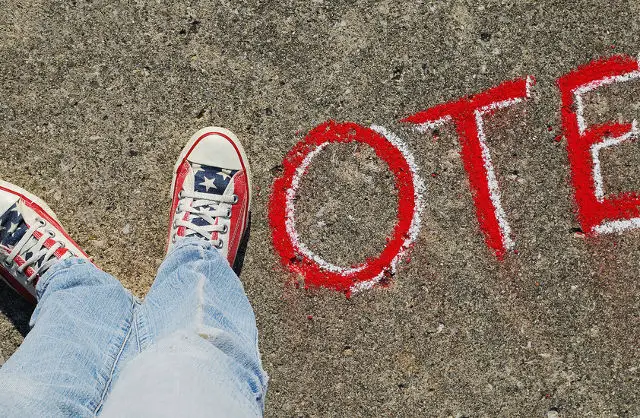Jonathan Dodd’s latest column. Guest opinion articles do not necessarily reflect the views of the publication. Ed
I like it when people tend to get hot around the collar about democracy. It means they care. Mainly this phenomenon occurs when some vote or other went the wrong way in the opinion of the person who’s complaining. Or because far too many people get to vote who obviously shouldn’t, because they don’t know what they’re doing. Also in the opinion of the person who’s complaining.
I know all about this, mainly because in my opinion far too many people get it wrong, or vote for the wrong reasons in the wrong way. Otherwise the world would be a far better place and life would be good for everyone, peace and plenty would abound, and there’d be no refugee problem. Obviously.
That’ll never happen!
I’ve always been on the wrong side of so-called public opinion. I could make a long list of things I want to change about this country and its laws and practices, not that I expect any of them to happen in my lifetime. I do claim to have been ahead of the game sometimes, but usually it all ends up with me throwing up my hands and saying – “That’ll never happen!”
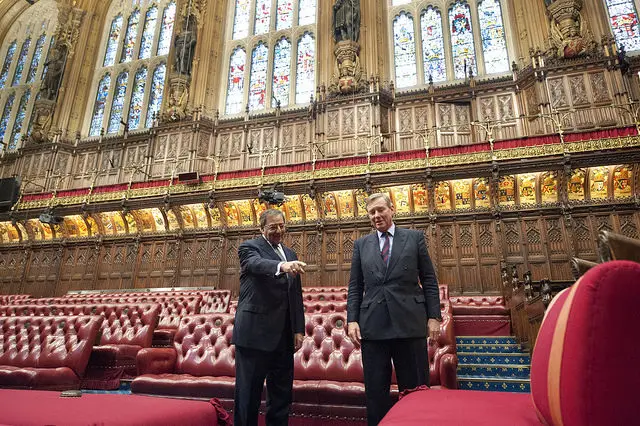
It’s surprising, though, how many things have changed recently. Not just in the big national sense, but in smaller, more local worlds. When I started in IT there was only IBM, and a lot of small companies running around hoping not to get trodden on. I worked at IBM, briefly, twice, and noticed a bizarre mixture of attitudes there. Officially, it was – “IBM is the greatest and most wonderful company ever!” But whenever I suggested doing something slightly differently, they would always agree enthusiastically with me, then throw up their hands and say – “That’ll never happen!”
A more diverse and interesting political future
Nowadays IBM is a pale shadow of its past self, and Apple, Google and Facebook are throwing their weight around instead. In the same way our two large political parties are breaking up slowly into factions, and people are splitting off to support smaller parties. One of my cherished dreams, Proportional Representation, is coming closer. I voted for the local Police Commissioner recently, and I was able to select a first and second choice. Most of the votes we participate in now are PR. In one form or another.
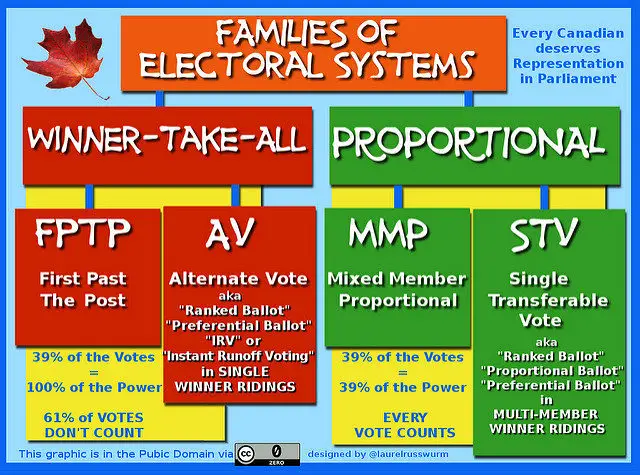
I find more evidence for a more diverse and interesting political future when I hear anyone trying to persuade me to vote to stay in or leave Europe. There are Tory Ministers speaking alongside left-wing lifetime opponents, on both sides. The old distinctions are becoming more and more blurred. Issues are no longer based on class or religion. And let’s face it, if your beliefs aren’t based on class or religion, what can they be based on?
It’s all so confusing
Right now, politics seems to be all about issues. Do you feel that the NHS is about to be privatised? Do you think that’s a good thing? Do you think we should allow more refugees and economic migrants in? Let’s face it, they put more money in than they take out. Or do they? Do we want the our island to sink into poverty and desolation because we want to be cut off from our nearest neighbours, or do we think we’ll be able to create another golden age? I could be talking about either of our glorious islands here.
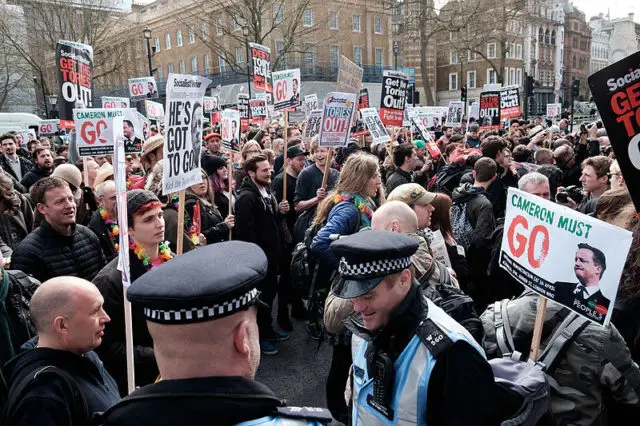
None of these issues that bother people so much fits into traditional party lines. There’s no telling nowadays when you meet people whether they’ll be against fracking or want the police to be armed, if they are in favour of TTIP or want to send our armies to support the fight against IS. You can’t be sure of your neighbours any more. Are they covert Tories? Or are they secret terrorist sympathisers? It’s all so confusing.
We’re living with the result
I was very disillusioned after the last election, for several reasons. First of all, I thought the Coalition was doing a good job, because I had nightmares about what the Tories might have done if they’d had a majority in Parliament. Thank goodness none of those bad dreams came to pass. The Lib Dems held them back, and I thought people would be grateful, but they were whacked for not bringing the government down over student loans. Hey ho!
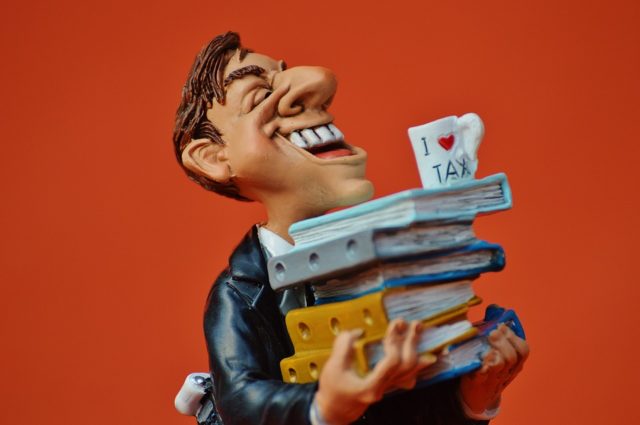
There I was, looking forward to more years of collaborative government, and I was very disappointed. But the people spoke, they voted the way they wanted to, and we’re living with the result, although I can’t see many people who are entirely pleased about it. Apart from the very-rich-but-obviously-not-rich-enough-yet, of course.
There was something fishy about that
Another thing that surprised me on the day of the last election was the opinion polls. Right up to the moment – literally – when the polling booths closed, everyone in the country was being told that it was a close call. Right on the dot of ten o’clock that night, there was an exit poll that predicted exactly what the result would be. Apparently this took the entire population, including the politicians, by complete surprise.
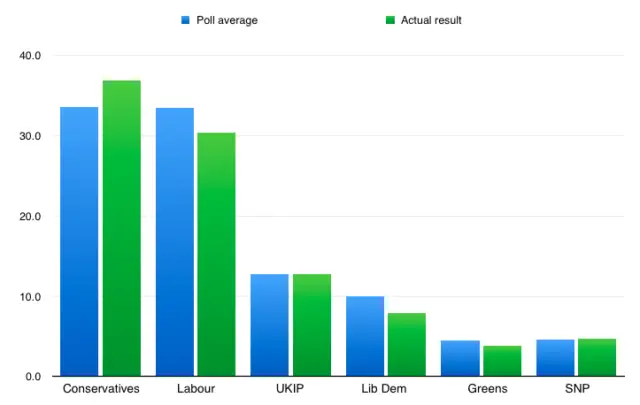
I thought there was something fishy about that, partly because it smelled a bit funny, but mostly I couldn’t understand whether anyone would actually have gained that much from manipulating the numbers in that way. I can’t really believe that all the polling companies could get it so spectacularly wrong either. I was stumped for an answer to that one.
Keeps my little candles of hope alight
Lately I’ve been thinking about it, and I’ve come up with a conclusion that keeps my little candles of hope alight. I think it’s all part of a change in the whole practice of democracy that’s gradually happening. The first thing is that it may well be possible that a very large number of people stopped voting the way they were supposed to. I think they didn’t actually decide until they were there in the polling booth, clutching their pencils and staring at the uncrossed boxes in front of them.
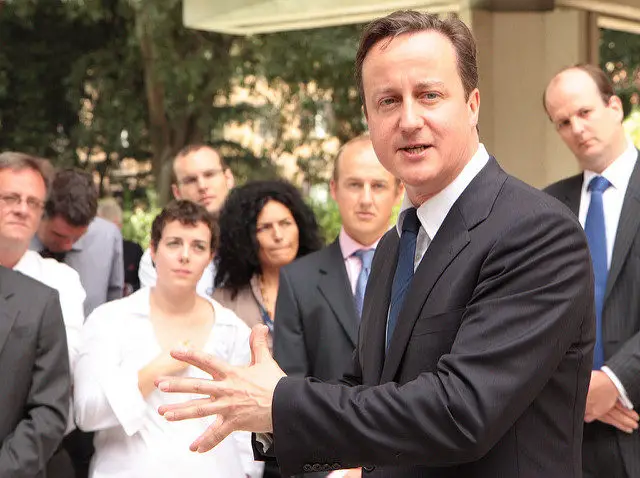
I think this time they got scared, and put their crosses in the place that felt least scary. The Devil You Know is a seductive figure, whispering in your ear about how much worse things could be. You’ll notice that TDYK never ever tells you how much better it would be if you voted for them. The Stones got this one completely right with Sympathy for the Devil. I also think it would be interesting to see the demographics for the voting, by age rather in simple numbers.
I usually know how I’m going to vote
Our demographics are in the process of changing radically. There are fewer voters out there who remember the days before the Internet and Facebook and mobile phones. I don’t know about you, but I vote postally, partly because I usually know how I’m going to vote, and until recently I couldn’t guarantee where I would be on Election Day. But the process is ridiculous.
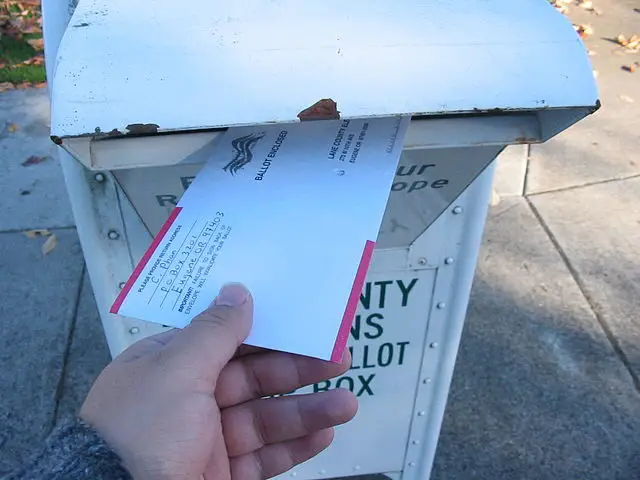
There are several envelopes and bits of paper, and it has to be assembled in a certain way before being sent off. By snail mail. No wonder you have to vote weeks before anyone else. It must take thousands of people to put each pack together (they write your number in pen on the voting sheet). Then they have to be posted and delivered, then filled in and posted again, and opened, and checked, and counted. Why can’t I just log in to my Election account and put my cross in the tick box?
Go to Scotland and ask about Independence
People have been complaining for years about how few people actually bother to vote. they think it’s because people don’t care. That’s just not true. Ask anyone about fracking or the EU, or immigration, or go to Scotland and ask about Independence. I think that people are bored with politicians who don’t care or don’t actually do anything. And they’re bored with the tedious way that voting has to be done, in the rare event that they’re actually consulted about anything.
So my idea is that the problems with democracy are not about people not wanting to vote, 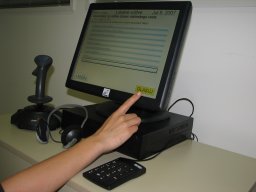 they’re about not being able to vote enough. If I had an Election account, I could vote for lots more things. I’d like to vote online about fracking, and the EU, and whether we should have PR, and whether we should finance political parties rather than having them dependent on those not-rich-enough-yet people who do shady deals in exchange for tax loopholes. And loads of other things.
they’re about not being able to vote enough. If I had an Election account, I could vote for lots more things. I’d like to vote online about fracking, and the EU, and whether we should have PR, and whether we should finance political parties rather than having them dependent on those not-rich-enough-yet people who do shady deals in exchange for tax loopholes. And loads of other things.
Believing in democracy means trusting the people
Voting online would mean that we’d have the most advanced and comprehensive form of democracy anywhere. It would also mean that the government would have to ask us what we want whenever anything important comes up, and they would have to do what we told them to do. If they didn’t like it, they could resign and we could choose politicians who would. Why not?
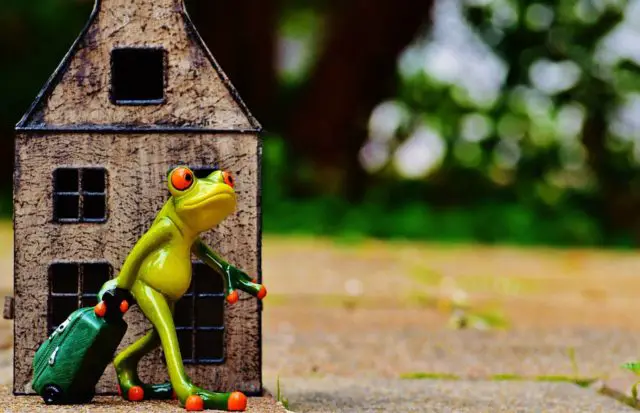
I know some of you think that might bring in all sorts of bad decisions and terrible results, but believing in democracy means trusting the people. Is there any alternative though? I suppose we could descend into anarchy, or have a nice despot or two. No matter how nasty you are as a despot, there are always people who appreciate you and tell you how great you are. More of those not-rich-enough-yet people again.
Good democracy is like going to the gym
Bad democracy results in giving our power to people who are going to act in their interests rather than ours. Good democracy is like going to the gym. It needs to be exercised regularly, and with practice the fine people of this country could become good and empowered citizens, glad to be responsible for the direction their own country is going. And able to change their minds if they get it wrong occasionally.
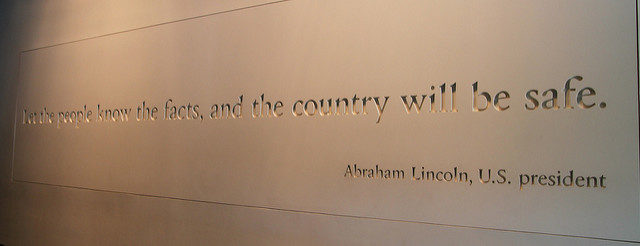
I can see all those hands going up, with cries of – “That’ll never happen!”
But why not?
If you have been, thank you for reading this.
Image: theresasthompson under CC BY 2.0
Image: Ash Carter under CC BY 2.0
Image: laurelrusswurm under CC BY 2.0
Image: Tom Morris under CC BY 2.0
Image: Alexas Fotos under CC BY 2.0
Image: Absolutelypuremilk under CC BY 2.0
Image: Global Panorama under CC BY 2.0
Image: Chris Phan under CC BY 2.0
Image: Topjur01 under CC BY 2.0
Image: alexas fotos under CC BY 2.0
Image: particlem under CC BY 2.0

